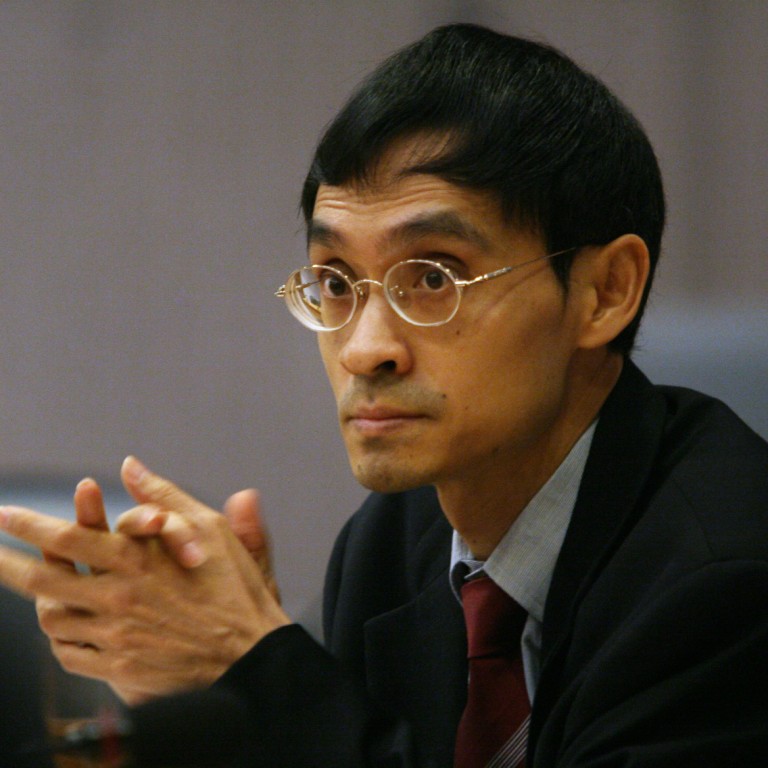
True democracy in Hong Kong is 'impossible', says Basic Law expert
Beijing's power to appoint leader cannot be ignored and must be clarified, says Albert Chen
A balance must be struck between Hongkongers' right to vote and Beijing's power to appoint the chief executive when the time comes to select the city's next leader, a prominent Basic Law expert said yesterday.
Albert Chen Hung-yee, a member of the Basic Law Committee, was defending his proposal to allow the central government to appoint the 2017 chief executive candidate with the second highest number of ballots if it considers the winner to be unfit.
His proposal was driven by a desire to avoid a "divided Hong Kong, just like what has been happening in Thailand recently", Chen said.
"From the pan-democrats' perspective, they are fighting for a 'relatively perfect' democratic system," he said. "But I think it is impossible for democracy in Hong Kong to be completely the same as that of an independent country. Since Hong Kong is not independent, the design of its democratic system must fit its status under the 'one country, two systems' framework," Chen told TVB yesterday.
He also called for Beijing to set out "clear standards" for how it would exercise its power of appointment, as part of efforts to seek a balance between the rights of Hongkongers and Beijing.
"Since its power to appoint is a substantial one, it has to be exercised according to certain standards," Chen said. "It fits the principle of the rule of law … to announce [the standards] when the system of election by universal suffrage is being designed."
Article 45 of the Basic Law, the city's mini-constitution, stipulates that the city's leader shall be elected and then "appointed by the central government".
It also states that when universal suffrage is introduced, candidates shall be put forward by "a broadly representative nominating committee in accordance with democratic procedures".
Asked whether setting out appointment criteria could cause the nominating committee to bar candidates from running, Chen said: "It's not a bad thing if that happens, because Hong Kong people cannot force the central government to appoint someone it couldn't trust or accept as chief executive."
However, Democratic Party chairwoman Emily Lau Wai-hing told RTHK that "it is futile and repugnant to try to create a mechanism to bar people from standing for election".
Issues such as how to form a nominating committee and the definition of "democratic procedures" are expected to feature in the government's first consultation document on electoral reform, likely to be announced next week. Legco president Jasper Tsang Yok-sing said the administration hasn't disclosed its plans to the legislature yet.

